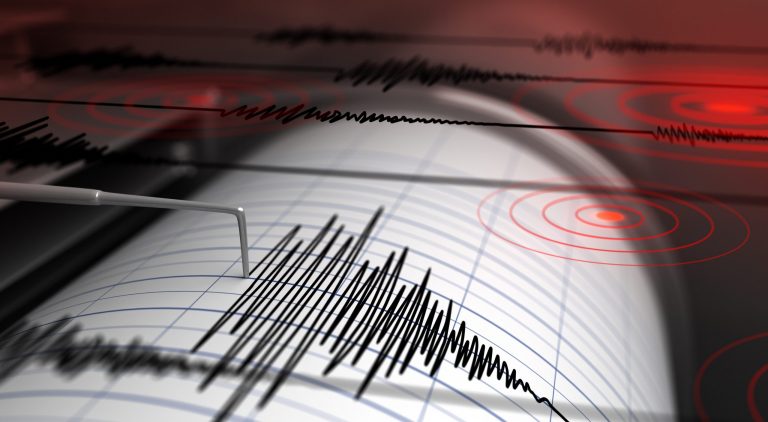Typically, we think of earthquake risk existing only in a small portion of the country—California, Oregon, and Washington. However, recent experience tells us that the Midwest region is also at relatively high risk due to a fault line that runs through those states.
What’s My Risk?
Not a resident in a high-risk area? You’re not necessarily off the hook. Consider these statistics:
- Earthquakes have occurred in 39 states since 1900 and about 90 percent of Americans live in seismically active areas.
- There’s a 40 to 60 percent chance that a major earthquake will strike in the eastern U.S. in the next 20 years.
- The Midwest region has a 40 to 63 percent chance of suffering a major earthquake in the next 15 years.
Everything You Need to Know About Earthquake Coverage
Earthquakes are few and far between, but when they do occur they can be devastating. In fact, among natural disasters, earthquakes are the most costly to recover from. Despite the enormous financial impact that an earthquake poses to one’s home and belongings, many view earthquakes as an abstract risk—one that will likely never happen to them. However unlikely it may seem, it is important to get the facts and take prudent financial precautions, including opting for earthquake insurance to protect your assets.
Earthquake Insurance
Many people don’t realize that most homeowner’s policies don’t include earthquake coverage. You’ll need to purchase either a supplemental policy to your current homeowner’s policy or a separate earthquake insurance policy. Automobile insurance policies generally cover vehicles for earthquake damage under the optional comprehensive portion of the policy.
What Does It Cover?
Earthquake policies typically cover damage to your house and your belongings, up to the insured amount. If possible, you’ll want to buy enough to cover the cost of rebuilding your house and replacing your belongings. While your standard homeowner’s policy may cover fire damage that results from an earthquake, an earthquake policy is important to cover damage that results from shaking, such as structure collapse.
How Much Will it Cost?
Because of the massive potential risk associated with an earthquake, coverage tends to be expensive. Your premium amount will depend on your location, along with the age and structural composition of your home. In addition, earthquake policies include a percentage deductible, generally ranging from 2 to 20 percent of total damages, which means you’ll still have significant out-of-pocket costs in the event of an earthquake.
However, you’ll want to weigh the cost against your perceived risk of experiencing an earthquake, and your ability to survive the financial aftermath of such a catastrophic event. In assessing your risk, it’s important to know that the government typically will not provide much financial aid for earthquake victims, and help may be limited to low-interest loans that you will need to repay.
Other Considerations
When buying a policy, you should read it closely to be sure you understand what is covered and what is not. Find out if it covers your house only or the garage as well, whether it will cover additional living expenses if necessary, and any other exclusions or limitations. You also should know how much time you have to file a claim following a quake, as damage is often not apparent immediately after the incident. Each policy is different. Call today at 818-302-3060 to find the policy that best fits your needs.


